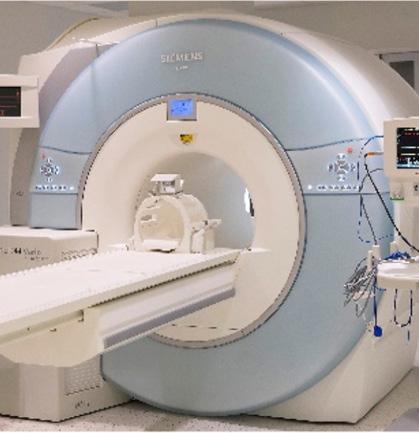
2 minute read
INTERNATIONAL PROGRAMS (IP)
The VMBS office of International Programs (IP) fosters as well as facilitates all types of learning beyond the borders of the United States including formal courses, field trips, collaborative research, clinical experiences in human and veterinary medicine, and more. Today’s world has globalized, and IP’s vision and mission are to encourage and guide students, faculty, and staff to find ways to internationalize themselves, their work, and their mark on the world. To do this requires focusing not only their technical and professional skills and knowledge but also, and perhaps more importantly, on their ability to learn from and work with colleagues and clients across political borders as well as cultural and linguistic divides. Thus, IP works both with members of our school and with international visitors, who could be students, faculty, researchers, clinicians, administrators, technicians as well as others. These visitors come to gain new clinical and research experiences, and simultaneously they teach and benefit us all by sharing their different skills and knowledge, their unique perspectives, and even foods and traditions from their homes without us ever needing to pack a suitcase.

Advertisement
This unit is headed by Veterinary Pathobiology faculty member Dr. Linda Logan, Director of VMBS International Programs, whose primary aim is to provide guidance and support to members of VMBS in roles of all types so that they can create and access global opportunities that enable them to be better professionals and individuals all around. In June of FY22, Dr. Logan was joined by Dr. Laura Weber. Together they are working to expand IP’s reach and capacity to support all members of VMBS in their international endeavors, both on campus and abroad.
In spite of COVID-19’s enduring influence around the world, student participation in programs abroad is rising again, as shown in Graph 1. In FY22, professional student participation in international experiences is back at pre-COVID levels. Traditionally the smallest group of participants in global educational experiences, in FY22 our statistics captures five graduate students who went abroad. Undergraduate participation in education abroad, generally the strongest, has recovered significantly but has yet to achieve the pre-COVID levels of FY19 and before.
The International Program Advisory Committee (IPAC)
IPAC is comprised of faculty from across VMBS with several non-voting members from partner units such as the Texas A&M Veterinary Medical Diagnostic Laboratory and the Institute of Infectious Animal Diseases (IIAD). In consultation with the Dean, each Department Head appoints two representatives to three-year terms. The committee meets three to four times per year to collaborate on funding decisions for international travel awards to students as well as awards to faculty for the purpose of developing new international programs and opportunities. During FY22, Dr. Jan Suchodolski chaired IPAC; as Director of IP, Dr. Logan serves on IPAC as a non-voting member.
Due to limited international travel resulting from Texas A&M restrictions and public health regulations in place during both FY20 and FY21, more resources than usual were available for students in FY22. Table 1 shows the number of stipends awarded to students in the School to offset their costs of international travel to expand their academic, professional, and personal skills, knowledge, and connections at the global level.
Student Experiences Abroad

A variety of situational issues largely a consequence of COVID-19, e.g., public health restrictions on travel to some countries, made offering the full complement of VMBS faculty-led international programs for students impossible for FY22. Despite the limitations, many programs abroad were able to take place: two semester-long programs, one spring break program that was not credit bearing, four faculty-led summer programs, one transfer-credit summer program, and a summer non-credit field trip for professional students. In Table 2, the programs offered as well as the student participation by program type and degree level are detailed.
The VMBS footprint for experiences abroad does not stop with the School’s students. Our programs served over three dozen students in disciplines outside the School such as Chemical Engineering, Animal Science, Biomedical Engineering, Psychology, Wildlife & Fisheries, Chemistry, and Spanish.










